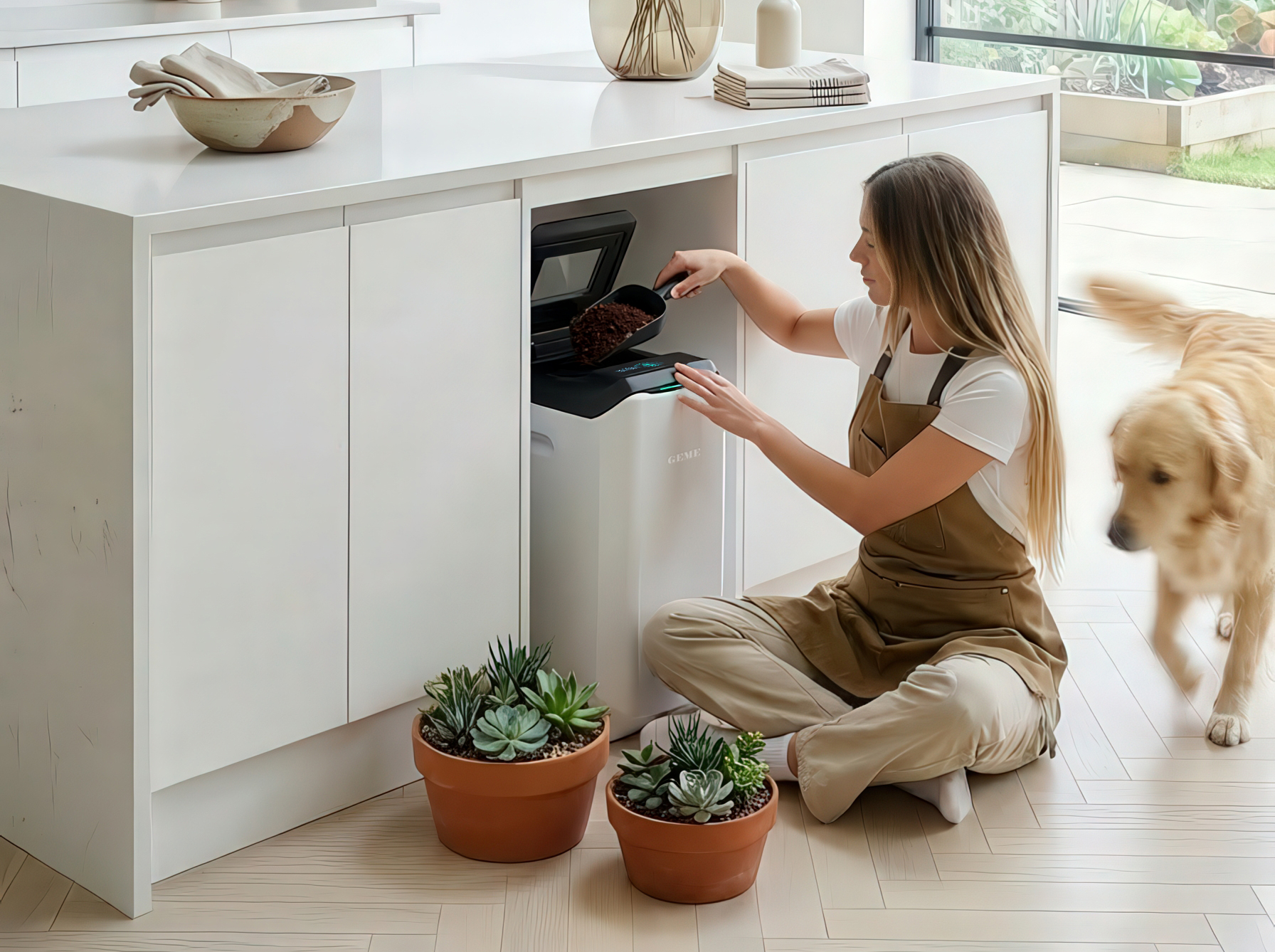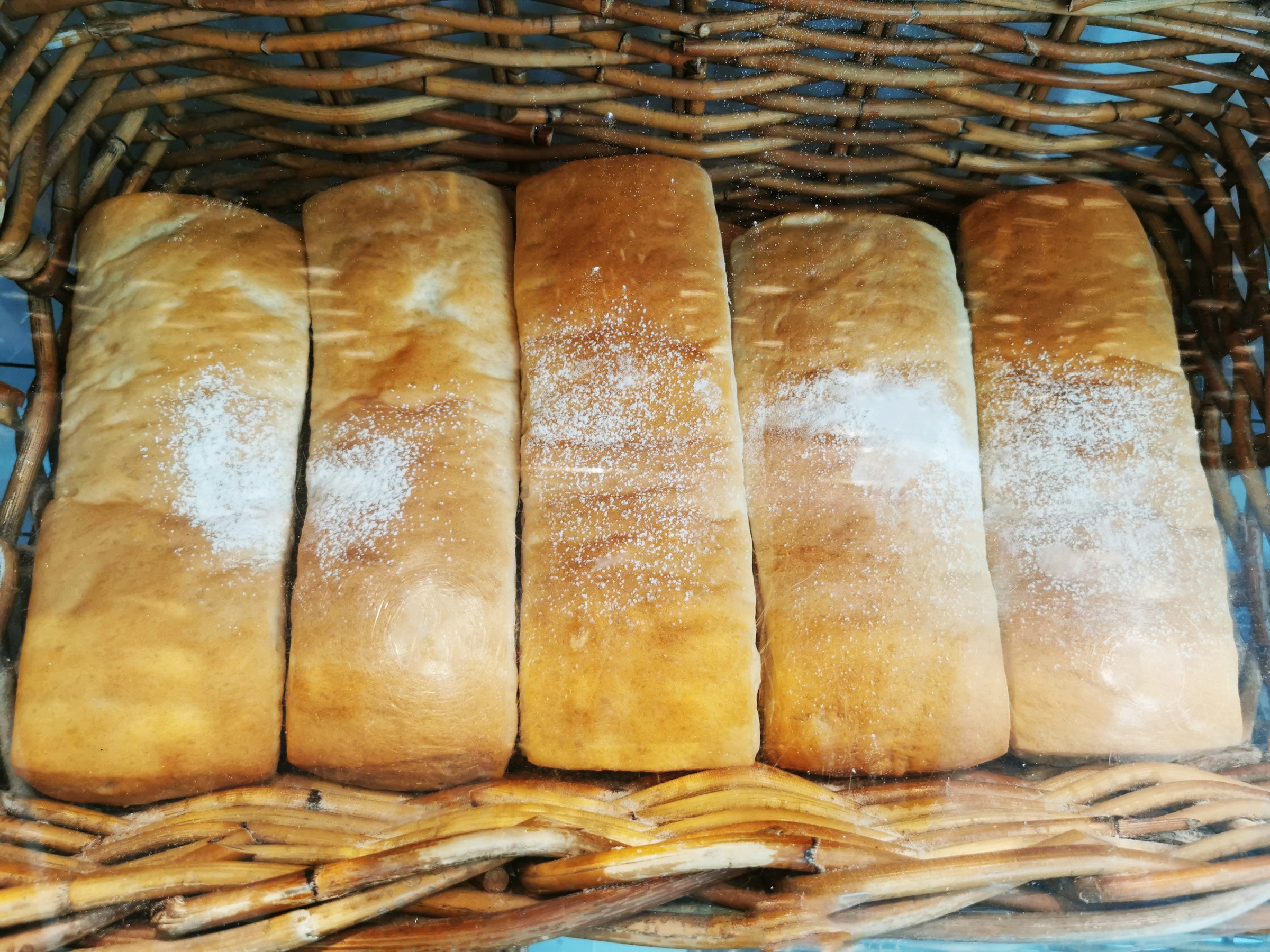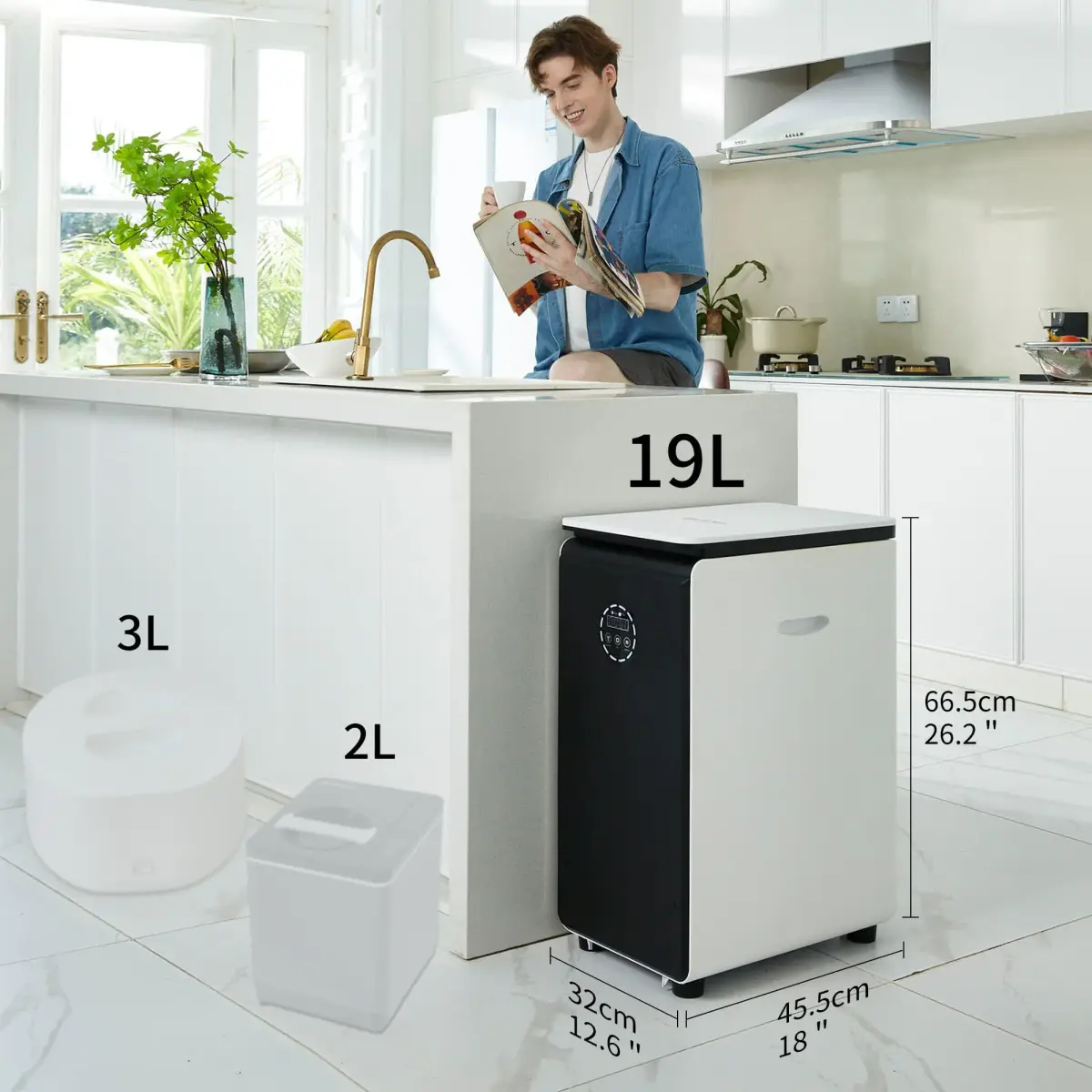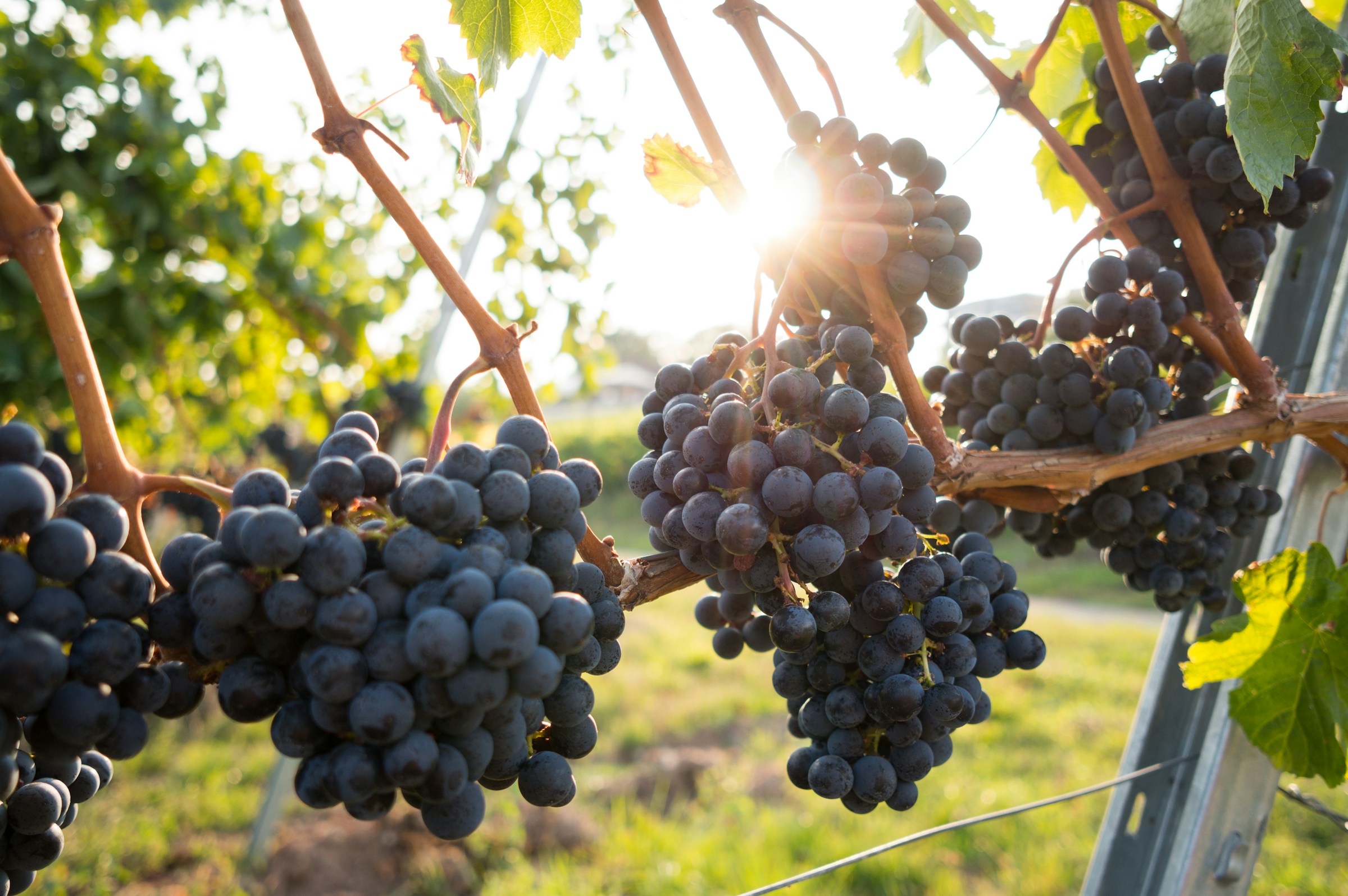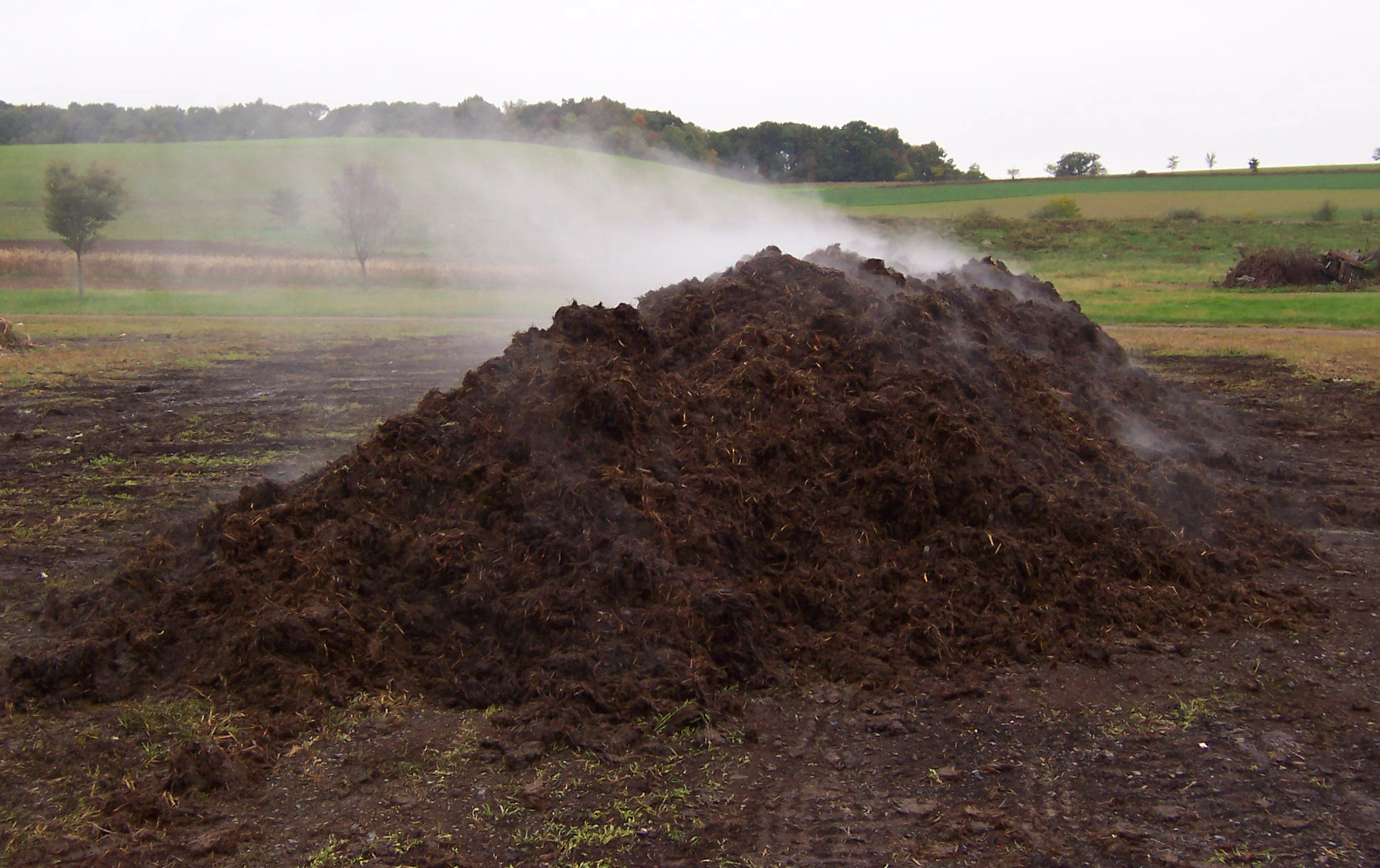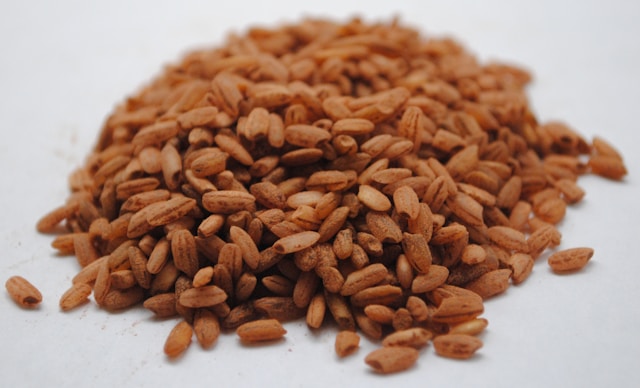Zero-Waste Lifestyle Starts in Your Kitchen: How to Reduce Food Waste with GEME Terra 2 (Best Kitchen Composter Guide)
Zero-Waste Living Starts in Your Kitchen
How to Reduce Food Waste, Embrace a Zero Waste Lifestyle, and Choose the Best Kitchen Composter
Transforming kitchen food scraps from a chore into a meaningful eco-friendly practice is a powerful step toward a zero waste lifestyle. For many urban residents — from zero-waste families to apartment dwellers and tech-savvy consumers — the kitchen becomes the frontline in reducing household waste and minimizing environmental impact.
In this guide, we’ll explore how to reduce food waste effectively, compare leading electric composters, and explain why GEME Terra 2 stands out as the best kitchen composter on the market today.

